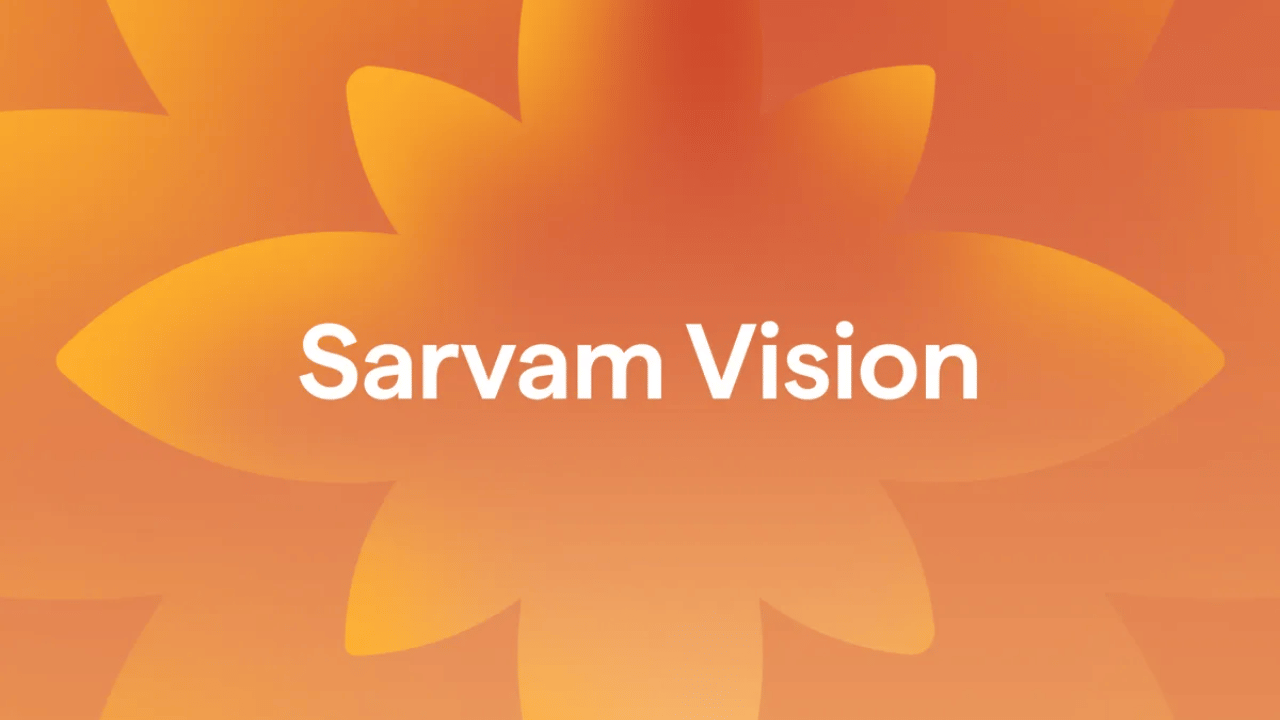Origins of Astrology
The roots of astrology run deep, stretching back to ancient civilizations. Evidence suggests that astrology was practiced in Mesopotamia as far back as the
2nd millennium BC. Babylonians, in particular, were keen observers of the heavens, charting the movements of celestial bodies and noting their correlation with terrestrial events. This early form of astrology, primarily focused on predicting events for rulers and the state, laid the foundation for the more personalized astrology we know today. The Egyptians, Greeks, and Romans subsequently adopted and adapted these astrological principles, integrating them into their cultures and philosophies. Each civilization contributed unique perspectives, refining astrological techniques and interpretations. Over time, astrology evolved from a tool for divination to a sophisticated system of understanding human nature and fate, with each culture adding their perspective and unique insights into the mix.
Core Astrological Concepts
Central to astrology are several key components, starting with the zodiac. The zodiac is a band of constellations that the Sun, Moon, and planets appear to travel through during their yearly journey. It is divided into twelve equal segments, each representing a sign: Aries, Taurus, Gemini, Cancer, Leo, Virgo, Libra, Scorpio, Sagittarius, Capricorn, Aquarius, and Pisces. Each sign is associated with particular characteristics, traits, and life themes. The positions of the Sun, Moon, and planets in these signs at the time of a person's birth form the basis of a birth chart, a personalized map of the heavens at that moment. The birth chart also includes the houses, representing different areas of life, such as career, relationships, and health. The aspects, or angular relationships between planets in the birth chart, are analyzed to understand the dynamics and potential influences at play. These aspects, which include conjunctions, oppositions, and trines, offer crucial insights into an individual's personality, strengths, and challenges.
Modern Astrology's Role
In contemporary society, astrology has transitioned from being primarily a tool for divination to a multifaceted system used for self-discovery and personal growth. Many people utilize astrology to gain insights into their personalities, relationships, and potential life paths. Through horoscopes and birth chart readings, individuals can better understand their strengths, weaknesses, and the areas of life where they may encounter opportunities or challenges. Astrology can provide guidance in making informed decisions, offering insights into compatibility with others, and identifying favorable times to embark on new ventures. Additionally, astrology continues to be a subject of academic study, with researchers exploring its psychological and cultural significance. While scientific validation remains a topic of debate, astrology's enduring appeal lies in its ability to offer a framework for understanding ourselves and our place in the universe. It serves as a tool for introspection and self-awareness, allowing people to explore the complexities of human experience.
Misconceptions about Astrology
Despite its widespread popularity, astrology often grapples with numerous misconceptions. One frequent misunderstanding is the belief that astrology provides definitive predictions or that it is a rigid system determining one's fate. In reality, astrology is an interpretive art, offering insights and potential influences rather than absolute certainties. Astrologers view the birth chart as a map, indicating tendencies and possibilities, but ultimately, individuals retain free will in shaping their lives. Another common misconception is that astrology is purely for entertainment, like a fun pastime, rather than a profound tool for self-exploration. While horoscopes can be lighthearted, astrology delves into profound aspects of human psychology and the interconnectedness of life. Furthermore, there's a tendency to dismiss astrology without fully understanding its principles and nuances. Astrology is often equated with fortune-telling or simplistic character analysis, leading to undervaluation of its ability to offer insights into human behavior and the cyclical patterns of life.















